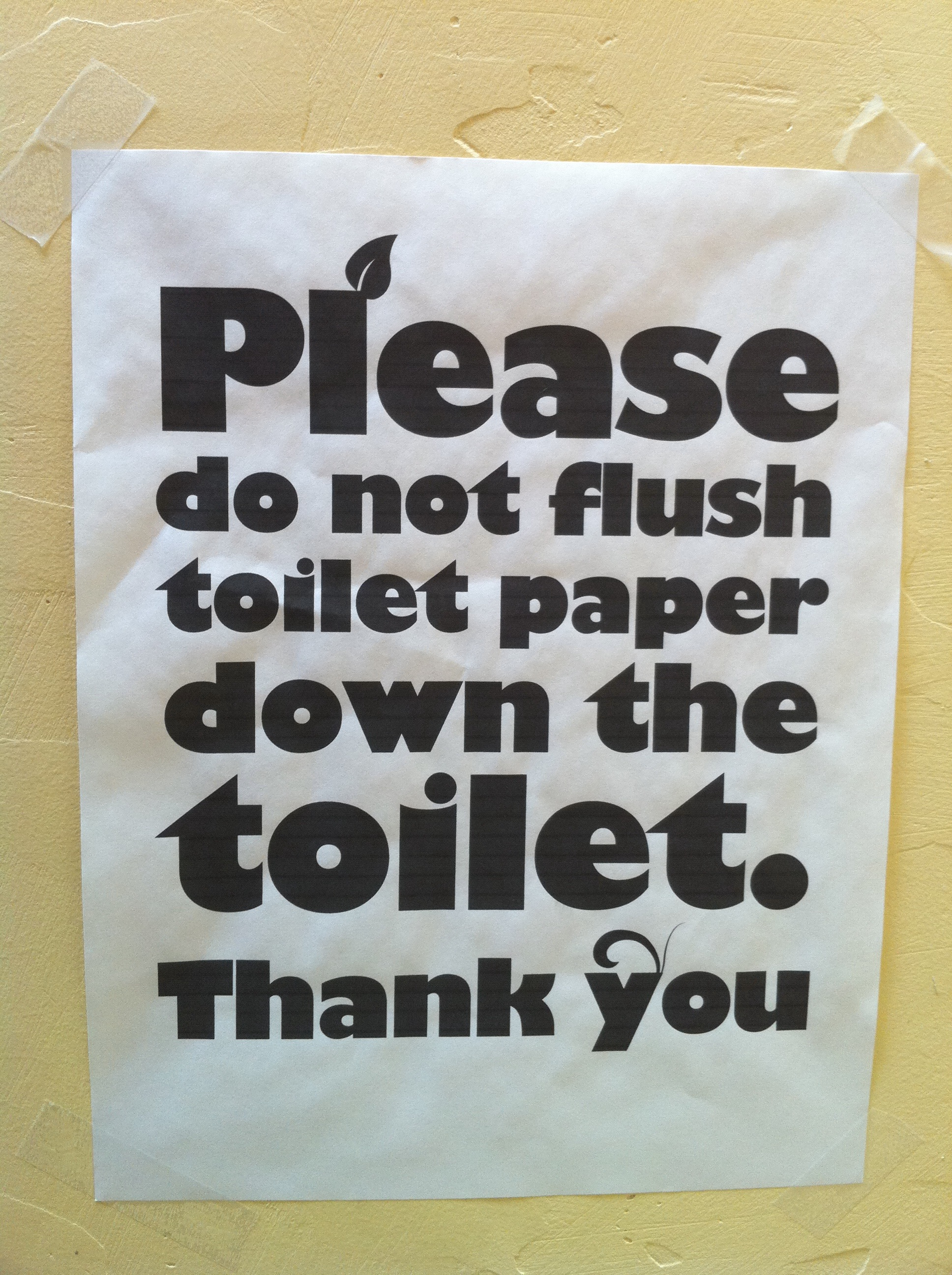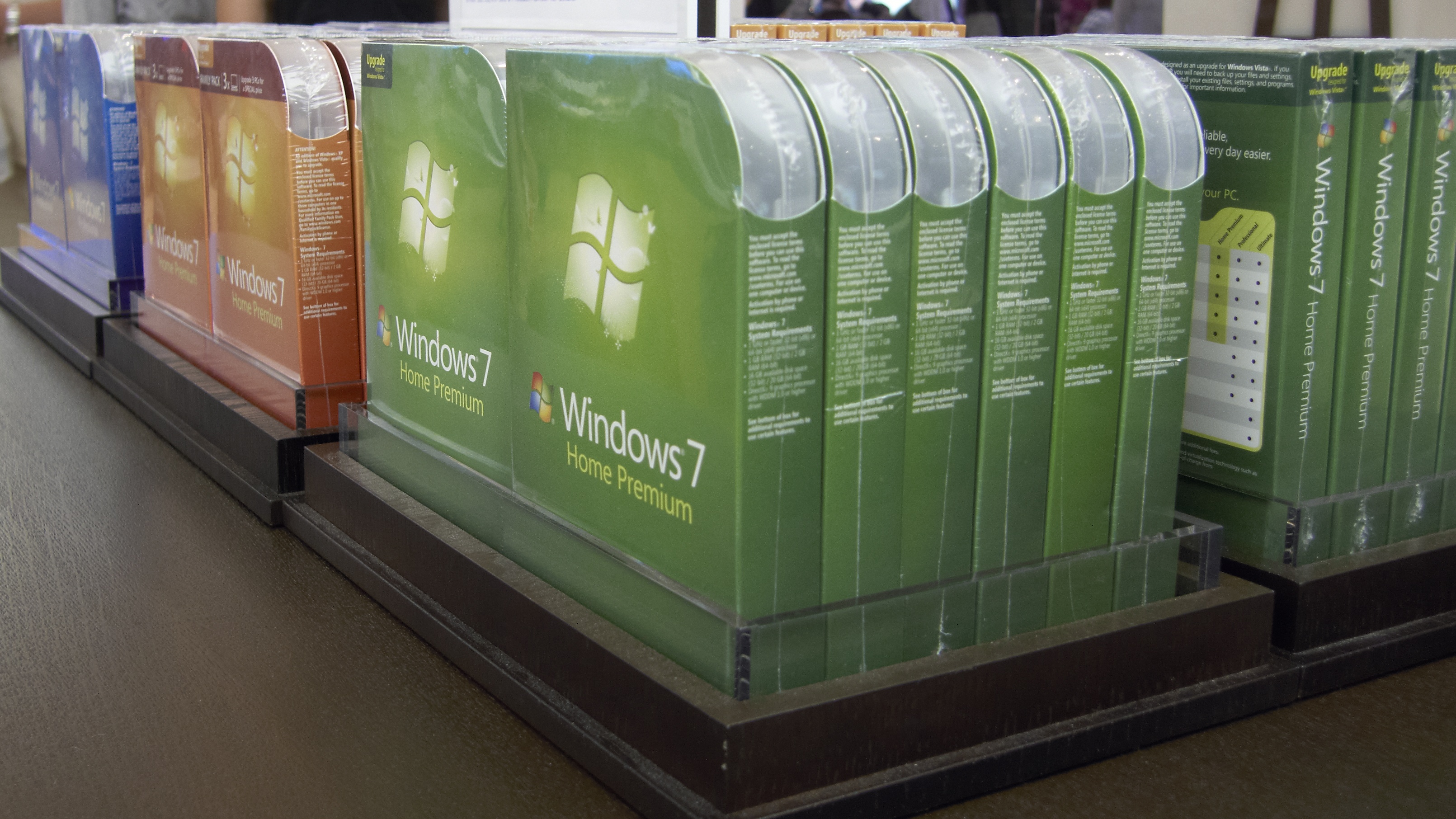If you’re one of those offensive people who talk on the cell phone in bathrooms—particularly public loos—your behavior stinks more than your poop. There may not be more appropriate place to assert that you’re on my shit list, bud. Bathroom phone calling is bad etiquette by just about any measure.
I cringe when walking by a public toilet stall and hearing someone talking into their cell phone. I’ve heard men taking what clearly are business calls. Oh, please! I’d fire your ass, for sitting it on the toilet seat and talking to me (your client or boss). Could toilet talking be the real reason for noise-cancelling cell phones or Bluetooth earpieces? Surely someone will hear you doing your toilet business—or that of the person in the next stall—while you’re taking the call.





